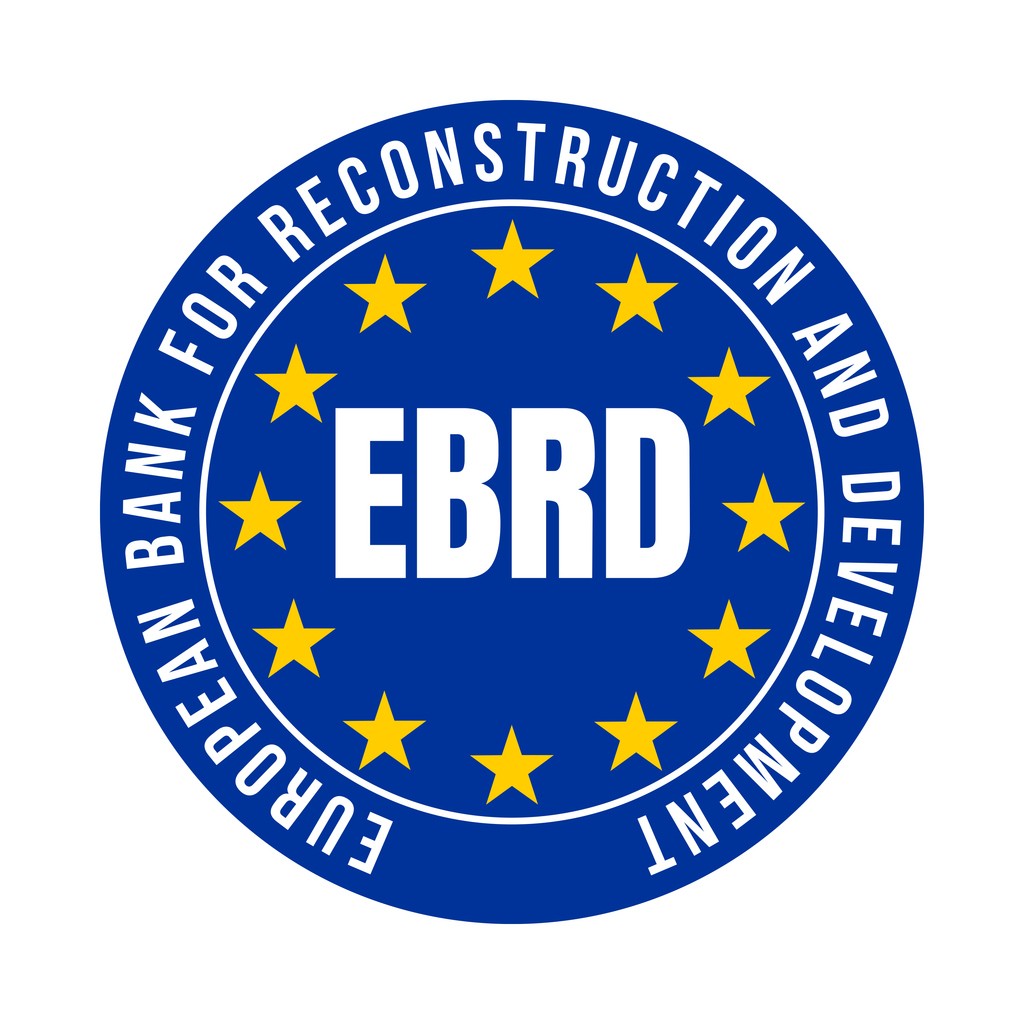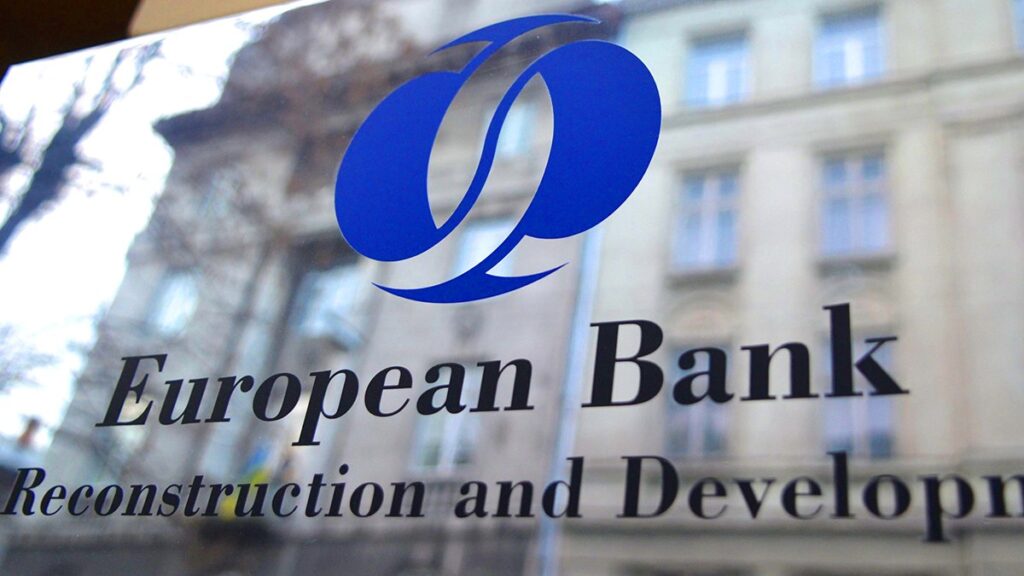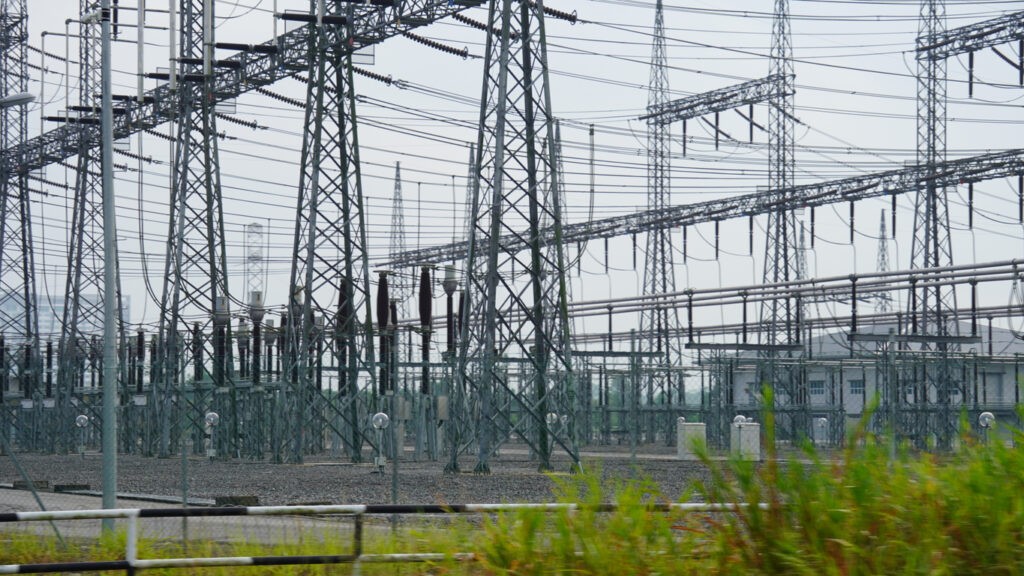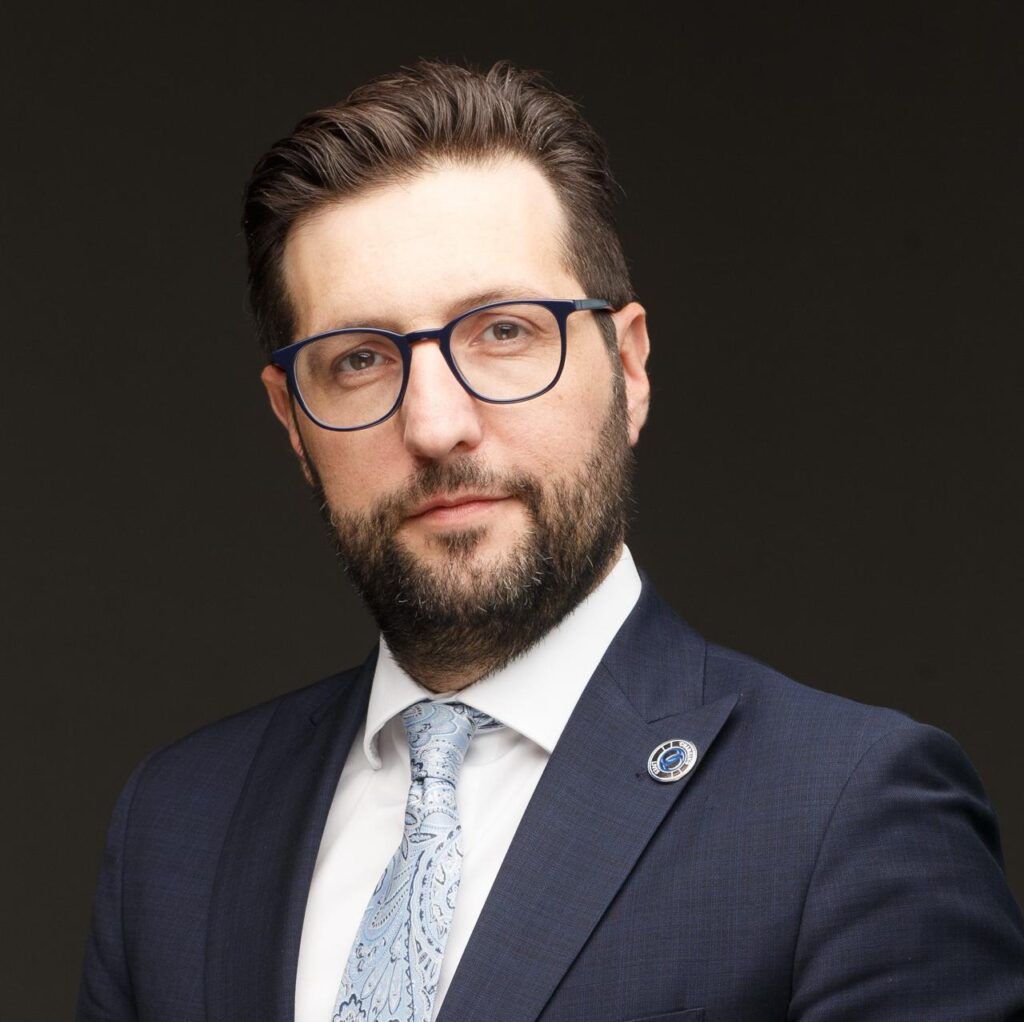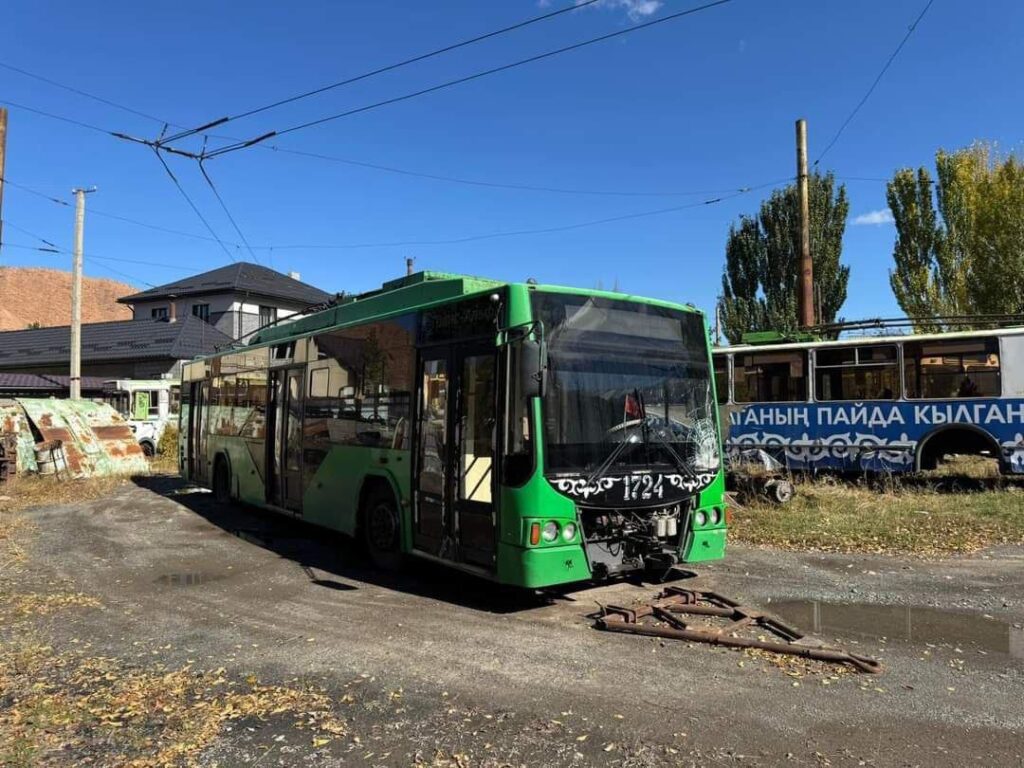EBRD Invests Record €2.26 Billion in Central Asia in 2024
The European Bank for Reconstruction and Development (EBRD) reached a record level of investment in Central Asia in 2024, contributing €2.26 billion to 121 projects across six countries in the region. This was nearly double the amount invested in 2023. Additionally, the EBRD attracted €784 million from co-financiers, bringing the total investment in the region’s economy to over €3 billion. Uzbekistan and Kazakhstan Lead in Funding Uzbekistan and Kazakhstan were the largest recipients of EBRD funding, securing €938 million and €913 million, respectively. These two nations ranked as the fifth and sixth largest destinations for EBRD investments globally in 2024. Other countries in the immediate region also benefited from significant funding, with Mongolia receiving €264 million, Tajikistan €88 million, and the Kyrgyz Republic €52 million. Focus on Sustainable Infrastructure and Green Economy The majority of EBRD investments in Central Asia supported sustainable infrastructure projects, accounting for 61% of the total. Another 24% was channeled to local banks to assist small businesses, women entrepreneurs, and youth-focused initiatives, as well as projects promoting climate resilience and resource efficiency. The remaining 15% was allocated to private-sector companies. In alignment with the Paris Agreement, 58% of EBRD investments in the region went to projects promoting a green economy. Milestones in 2024 The EBRD achieved several notable milestones in 2024: Total investments in Kazakhstan surpassed €10 billion. Uzbekistan reached €5 billion in cumulative EBRD funding. Both Tajikistan and the Kyrgyz Republic exceeded €1 billion in total investments since the EBRD began operations in the region 30 years ago. Landmark Projects The EBRD financed several groundbreaking projects in Central Asia during 2024, including: Uzbekistan: €59 million for a renewable hydrogen facility aimed at decarbonizing the fertilizer sector. Kazakhstan: €96.4 million for a new wastewater treatment plant in Aktobe, the largest municipal project supported by the EBRD in the region. Mongolia: €11.3 million to support the first green bond issued by a local bank. Investments in Energy Infrastructure Significant funding was also allocated to improving electricity grids across the region: In Kazakhstan, €252 million was used to construct 600 km of transmission lines. In Uzbekistan, €60.3 million supported the development of a 230 km transmission line in the Navoi region. In the Kyrgyz Republic, €14 million upgraded power infrastructure in Osh and Issyk-Kul. In Tajikistan, €31 million was allocated to improve a transformer in the Sugd region. Investments in Health and Transportation The EBRD also provided substantial funding for healthcare and infrastructure projects: Kazakhstan: €365 million for a hospital project. Uzbekistan: €216 million for a road and bridge project in the Khorezm region. Mongolia: €39.2 million for a hospital in Darkhan. Support for Small Businesses The EBRD continued its efforts to empower small businesses in Central Asia, providing advisory services to more than 450 small and medium-sized enterprises (SMEs). Over 8,000 SMEs benefited from training and mentoring programs. In Tajikistan, the EBRD launched its Star Venture initiative, allocating €28 million to 25 high-growth companies through agreements with local banks. The EBRD’s Legacy in Central Asia As the...
